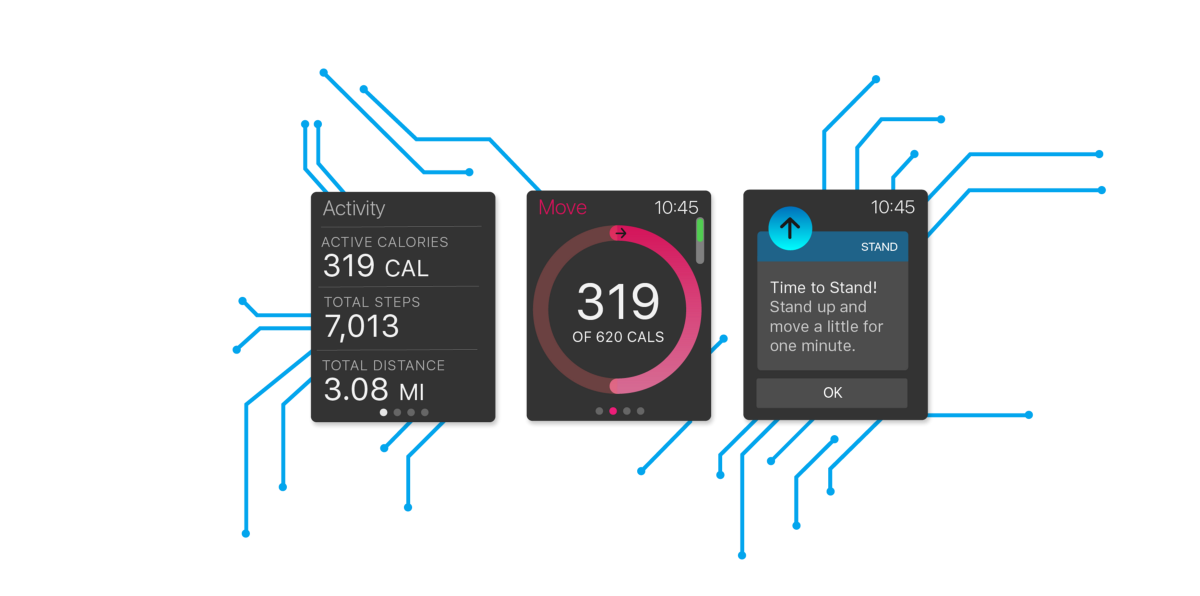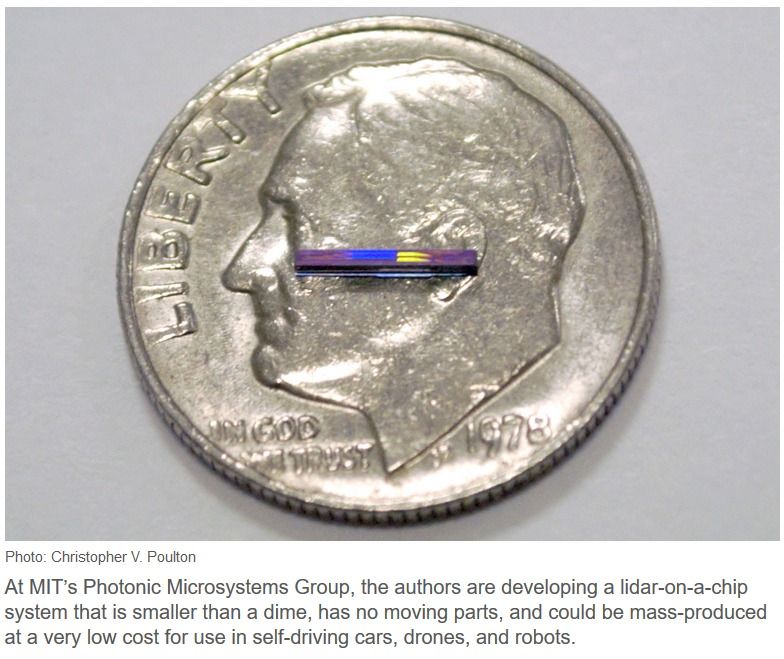
First, there is sharing. Self-driving vehicles promise to have a dramatic impact on urban life, because they will blur the distinction between private and public modes of transportation. “Your” car could give you a lift to work in the morning and then, rather than sitting idle in a parking lot, give a lift to someone else in your family – or, for that matter, to anyone else in your neighborhood, social-media community, or city. Some recent papers by MIT show that today’s mobility demand of a city like Singapore could be satisfied by just one-fifth of the number of cars currently in use. Such reductions in car numbers would dramatically lower the cost of our mobility infrastructure and the embodied energy associated with building and maintaining it. Fewer cars may also mean shorter travel times, less congestion, and a smaller environmental impact.
–A second change is parking. Parking infrastructure is so pervasive that in the United States it covers around 5,000 square miles, an area larger than Puerto Rico. Increased sharing of vehicles, as outlined above, would dramatically lower the need for parking spaces. Over time, vast areas of valuable urban land currently occupied by parking spaces could be reinvented for a whole new spectrum of social functions. Creative uses are already promoted across the world during Parking Day, a worldwide event held on the third Friday of September, where artists, designers and citizens transform metered parking spots into temporary public places. The same dynamic re-purposing could happen tomorrow on a much larger scale and with permanent solutions, leading to the reclamation of a large percentage of the urban fabric.
–Finally, urban infrastructure is subject to change. Traffic lights are a 150-years-old technology originally conceived for horse carriages. With the advent of widespread autonomy, slot-based intersections could replace traditional traffic lights, significantly reducing queues and delays. This idea is based on a scenario where sensor-laden vehicles pass through intersections by communicating and remaining at a safe distance from each other, rather than grinding to a halt at traffic lights. Vehicle speed could be controlled so that each vehicle reaches the intersection in synch with the assigned slot – so that stop and go is avoided. The latter, in turn, would reduce emission of pollutants and greenhouse gases caused by the acceleration and deceleration cycles.
Read more















